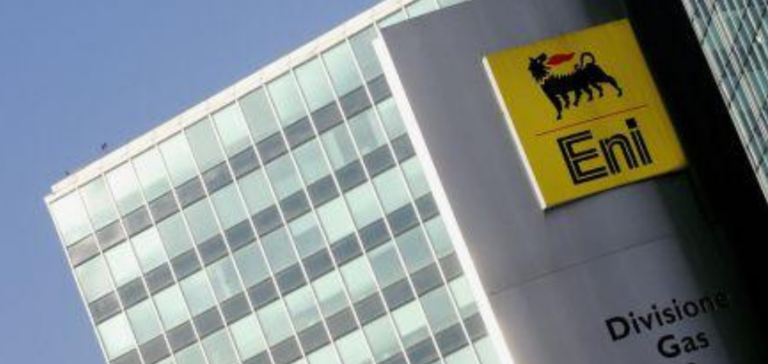The recent collaboration between Eni and Swiss group Open Energy Platform (OpenEP) marks a turning point in securing gas supplies for Italy and Switzerland. The agreement, which comes into force on December 2, 2023 and remains valid until September 30, 2024, ensures efficient use of the Swiss Transitgas transmission infrastructure for gas flows from France via Switzerland to Italy. It also guarantees the security of Switzerland’s gas supply.
The current energy crisis
Italy, which imported 95% of its gas before the war in Ukraine, including 40% from Russia, has seen this proportion fall to less than 5% this year, following the diversification of suppliers initiated by the Draghi government and continued by Giorgia Meloni. Eni underlines the value of gas as a reliable source to support the energy transition, despite the difficult international situation.
Italian-Swiss cooperation
The agreement reflects the two nations’ commitment to strengthening their cooperation, in line with a joint declaration on energy security signed in July. The Swiss authorities undertake not to take any restrictive measures regarding Eni’s rights to gas transmission capacity through Switzerland. This represents a significant step towards ensuring regional energy stability.
Perspectives and implications
This agreement between Eni and OpenEP is an example of a proactive response to the global energy crisis. By guaranteeing gas supplies, especially in the event of major disruptions, it highlights the importance of international cooperation and diversification of energy sources. This partnership can serve as a model for other countries seeking to secure their energy supply in an uncertain global context.
The collaboration between Eni and OpenEP is part of a wider drive to achieve stability and sustainability in the energy sector. It represents not only an important milestone for Italy and Switzerland, but also a strong signal to Europe and the rest of the world of the need to strengthen alliances and cooperation in the face of current and future energy challenges.






















